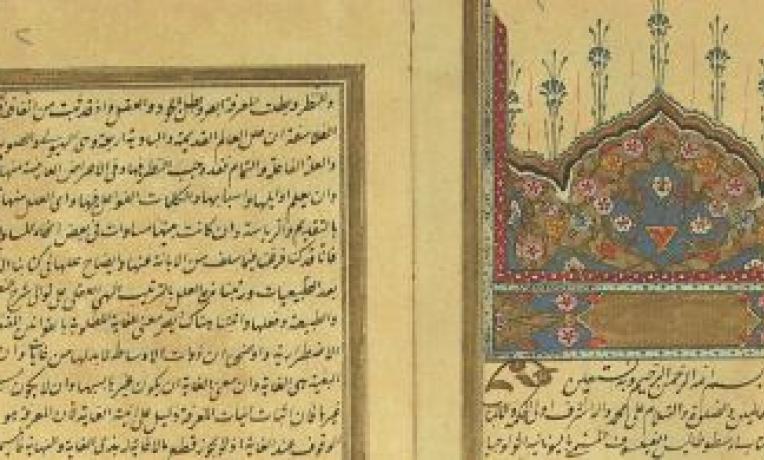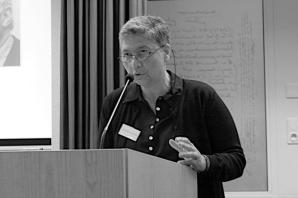Bridging Greek and Arabic philosophical and linguistic heritage
How deep are the roots of our culture formation? How was the Occidental culture influenced by the Greek Philosophy? What role did the Arabs play in transmitting it during Medieval times? These are some of the questions that Dr. Cristina D'Ancona, from the University of Pisa, intends to answer in her interdisciplinary ERC Advanced project. One of the main outcomes of this project will be the production of an unprecedented tool for analysing Graeco-Arabic texts.

The roots of Occidental culture are undoubtedly deep and winding. The transmission of Greek philosophy by the Arabs certainly played a key role in the formation of our common philosophical heritage. However, our knowledge of how this process took place is still very limited. Thanks to an ERC Advanced grant, Dr. D'Ancona, Prof. Endress (Ruhr-Universität Bochum) and Dr. Bozzi (ILC-CNR, Pisa) are trying to uncover some of the fundamental changes undergone by the Greek thought when transmitted into Arabic.
The project will primarily focus on one of the thought-to-be Aristotle's work, the so-called ‘Theology’. For centuries, the 'Theology' was falsely attributed to the famous philosopher Aristotle in the Arabic-speaking world. The creation of the critical edition of this work will not only advance our understanding of one of the main texts in the Arabic Neoplatonic tradition, but also offer a remarkable insight into the thought appropriation process by the Arabs.
Nearly 18 months after beginning its project, the team already comes out with first results: a reliable survey of the extant manuscripts, and an idea of where the problems lie. "It would be daring of us to say that we already know how the textual tradition stands, but things are now less in the dark than they were before", states Dr. D'Ancona.
Another objective is to develop an analytical reference dictionary of the translations from Greek into Arabic, thanks to the ‘Glossarium Graeco-Arabicum’ created and directed by Prof. Endress. Through the methodology of Computational Linguistics, under the guidance of Dr. Bozzi, the team will create a web-based tool to compare Greek texts and their Arabic translation.
Dr. D'Ancona is based at the University of Pisa, Italy, since 2004. She has also conducted part of her previous research at De Wulf-Mansion Centrum at the Katholieke Universiteit Leuven in Belgium, as well as at the CNRS in Paris, France. From 2001 to 2004, she chaired the project European Science Foundation Network Late Antiquity and Arabic Thought'.
More Details:


